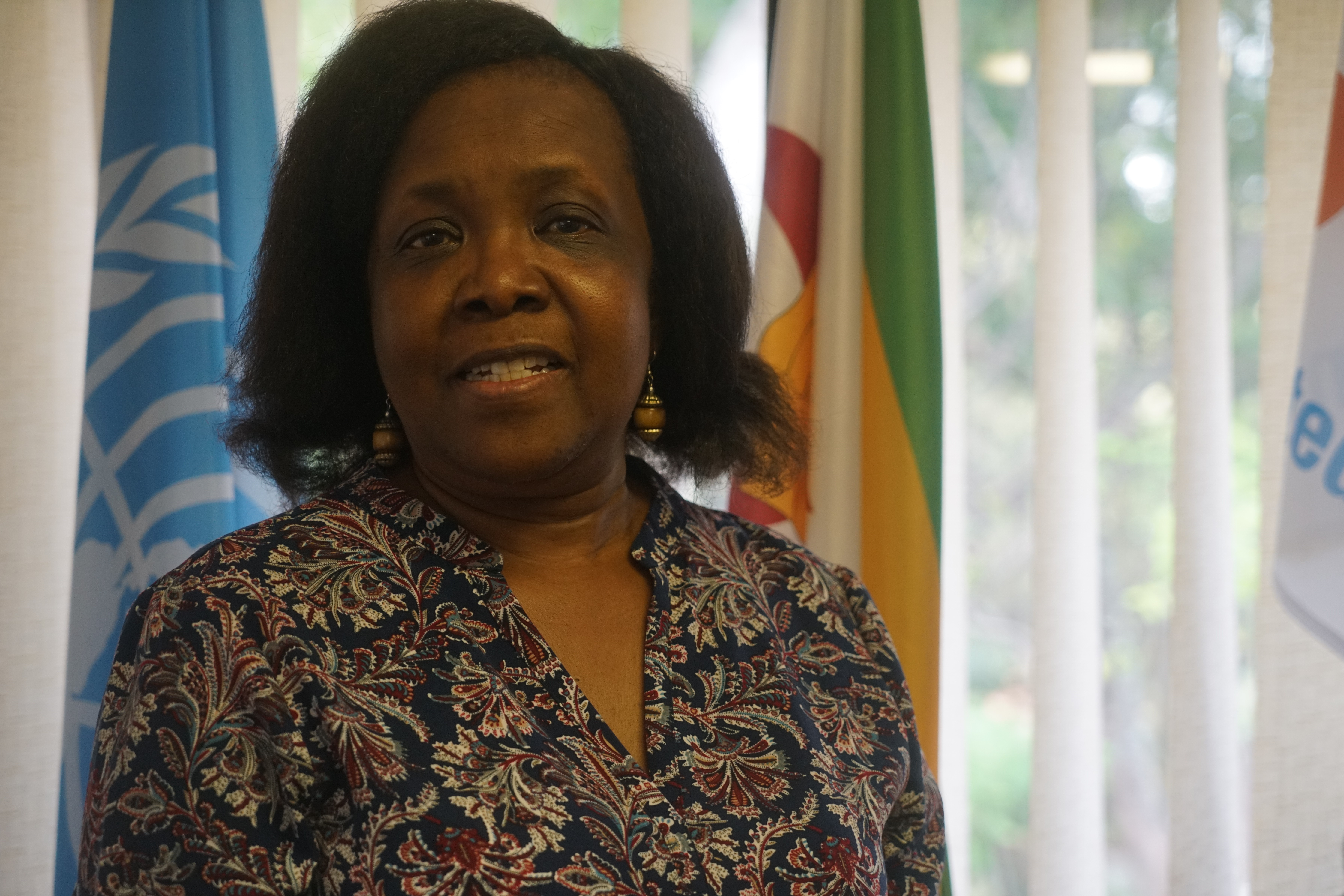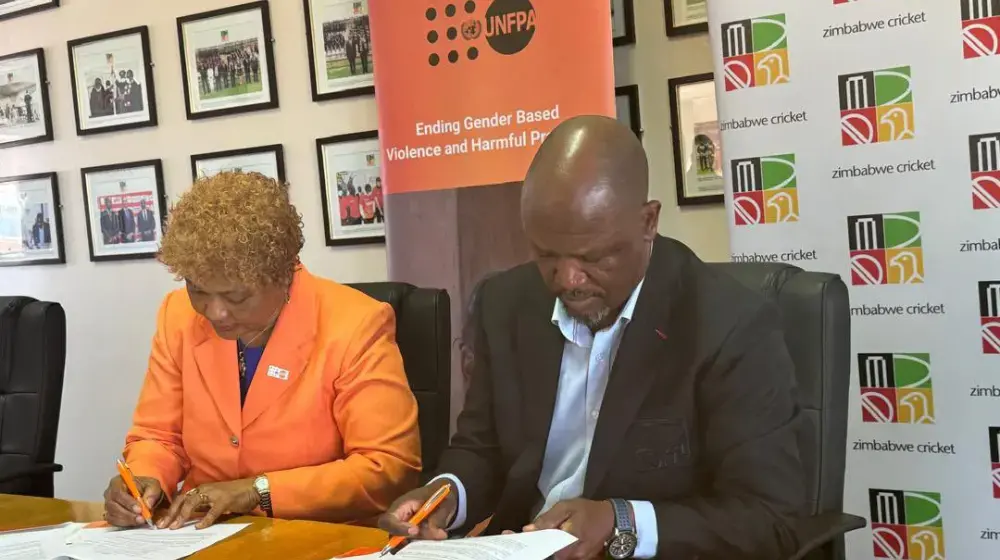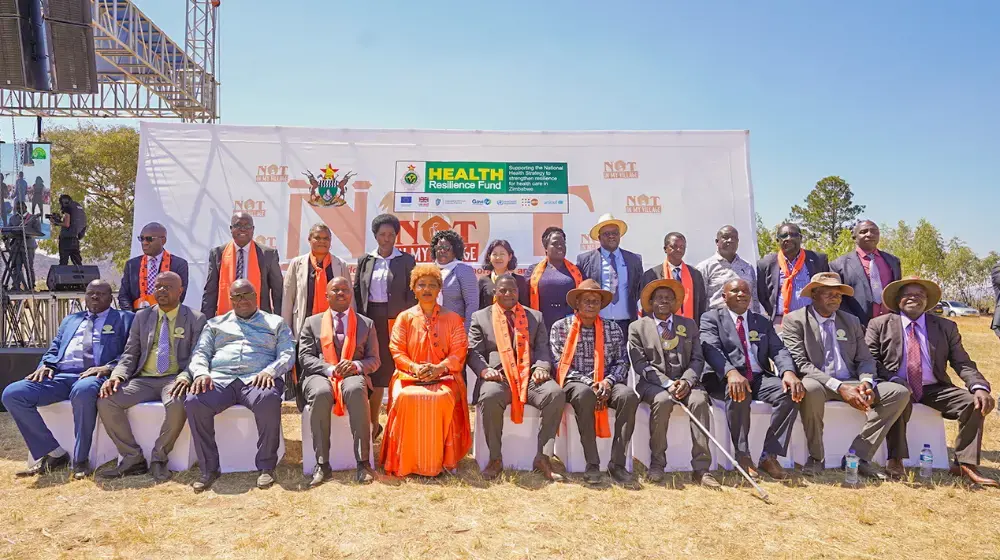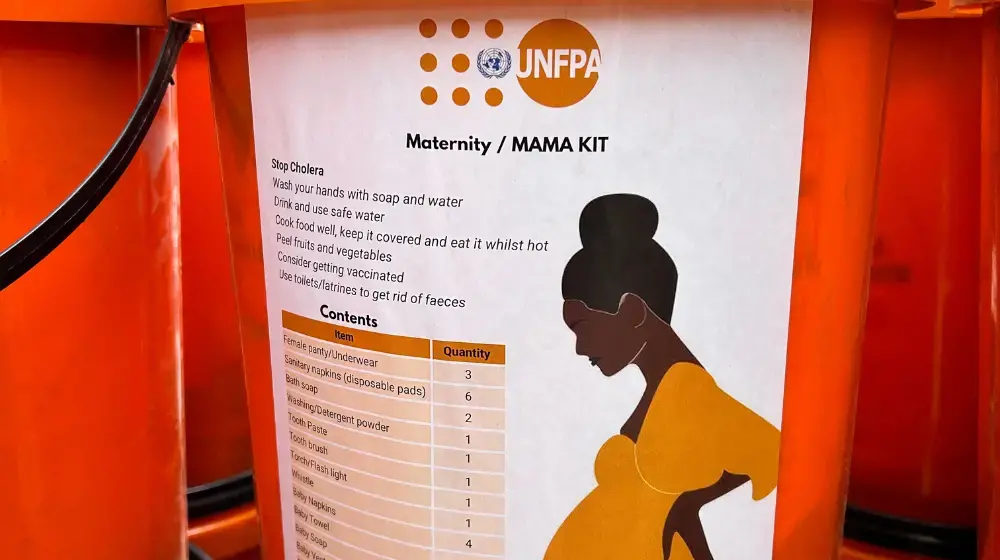At least one in three women suffer gender-based violence in Zimbabwe, presenting an unacceptable situation that needs urgent attention and action. Dealing with violence against women requires both men and women to stand together and speak out with one voice. While the majority of women are now far ahead in advocating for the eradication of violence against them, men and boys still lag, mostly lacking appreciation of the magnitude of the problem and the negative effects of the violence on women and girls. There is thus a need to ensure that men and boys are part of the solution to end the violence, through involving them in programmes that prevent the violence.
Many women suffer violence at the hands of men because their perpetrators perceive the violence is justified. A considerable number of men have been socialized in patriarchal societies where they witnessed violence against women and came to believe that it is an acceptable conflict resolution strategy. They have watched violence happening to their grandmothers, to their mothers over the years, and sadly some of them are also perpetrators now. It is thus imperative to challenge such social norms, breaking the chain of violence through engaging men and boys on gender, specifically transformative masculinities that gives women and girls agency.

We at times take it for granted that it is commonsensical for everyone to know that violence against women is unacceptable, but the reality on the ground is that it is not. In most of our Zimbabwean communities, perceptions around masculinity and femininity and the power dynamics are such that women are perceived and treated as inferior to their male counterparts. Resultantly, such perceptions lead to poor treatment and violence against women and girls. There is a need to challenge such misogyny and one of the best ways to do it is to raise awareness through positive masculinities engagement targeted at men and boys.
Violence against women is mostly perpetrated by men and boys. It can be stopped from the source, - a stitch in time saves nine. While a lot of work has been done and is still being done to empower women and girls to demand their rights and take back their power, very little progress has been made in engaging men and boys on the subject of violence against women. In order not to cause more harm, there should be a dual process that also prioritizes male engagement as we work towards a more gender-just society, that is violent free. Our efforts to prevent violence against women will be more effective when we have empowered women on one side and gender transformed men on the other. It, therefore, becomes imperative to have gender transformed men and boys who then become part of the movement that support and promote the constitutional guarantees for equality for both men and women.
We live in a patriarchal world where men hold the power. Men occupy the majority of the leadership positions in society that are important in ensuring that violence against women and is not excused, justified or tolerated. Women are largely underrepresented at the level where discriminatory laws, policies and practices that contribute to power imbalances can be changed. It thus becomes more strategic to prioritize male engagement as we seek to challenge the negative social norms that create an enabling environment for violence against women to continue to happen. Globally, and more so in Africa, Zimbabwe included, majority Leadership positions continued to be dominated by men. This is across the board whether in elective or nominated politics, religion and tradition. We must work with men in influential positions to expedite efforts towards ending violence against women.
Violence against women is a learned behaviour that can also be unlearned. The strategy is therefore to engage antagonists, even perpetrators to become allies for the prevention of violence against women. Organizations such as Padare/Enkundleni/Men's Forum on Gender have registered several successes in creating a movement of men and boys working towards transformation to further gender equality and stop violence against women. From their experiences, there is power in peer to peer engagements where men and boys respond better to gender discourse when there are engaging with other men. Thus, violence against women can be challenged by raising awareness among men and also challenging the negative social norms. It is also important to create a supportive environment for transformed men so that they continue to reach out to other men, recruiting them to the movement for gender justice.
Violence against women mostly occurs because men know that they can do it and nothing happens to them. Such thinking can only be challenged when we bring men and boys to the table and have conversations around perceptions of women and also the negative effects of the violence.
Change is slowly taking place, and men are increasingly working alongside women to support gender equality and the empowerment of, women and girls. Ensuring access to sexual and reproductive health services and protection from gender-based violence among other important measures adopted by UNFPA improves the health of families and economic wellbeing of entire communities.
UNFPA, through Padare and SAYWHAT with support from the European Union under the Spotlight Programme, works with men and boys to advance gender equality and end violence. These programmes are encouraging men and boys to abandon harmful stereotypes, embrace respectful, healthy relationships and support for human rights. Young men and boys are the future partners, community members and leaders. UNFPA seeks to increase men and boys’ involvement in new initiatives that promote gender equality and women’s empowerment. The multimedia campains #RealMenaAskForHelp & #RealMenDoChores, aim to increase men’s perception of themselves as responsible, caring and nonviolent partners. Gender Equality cannot be achieved without the involvement of men and boys.
United Nations Population Fund (UNFPA) acknowledges the dedicated work of our Implementing partners SAYWHAT and Padare Ekhundleni, the oversight by Ministry of Women Affairs, Community Small and Medium Enterprises Development (MoWACSMED) and the financial Support of the European Union under the Spotlight Initiative to Eliminate Violence against Women and Girls to move this agenda.
By Dr. Esther Muia, UNFPA Zimbabwe Country Representative





